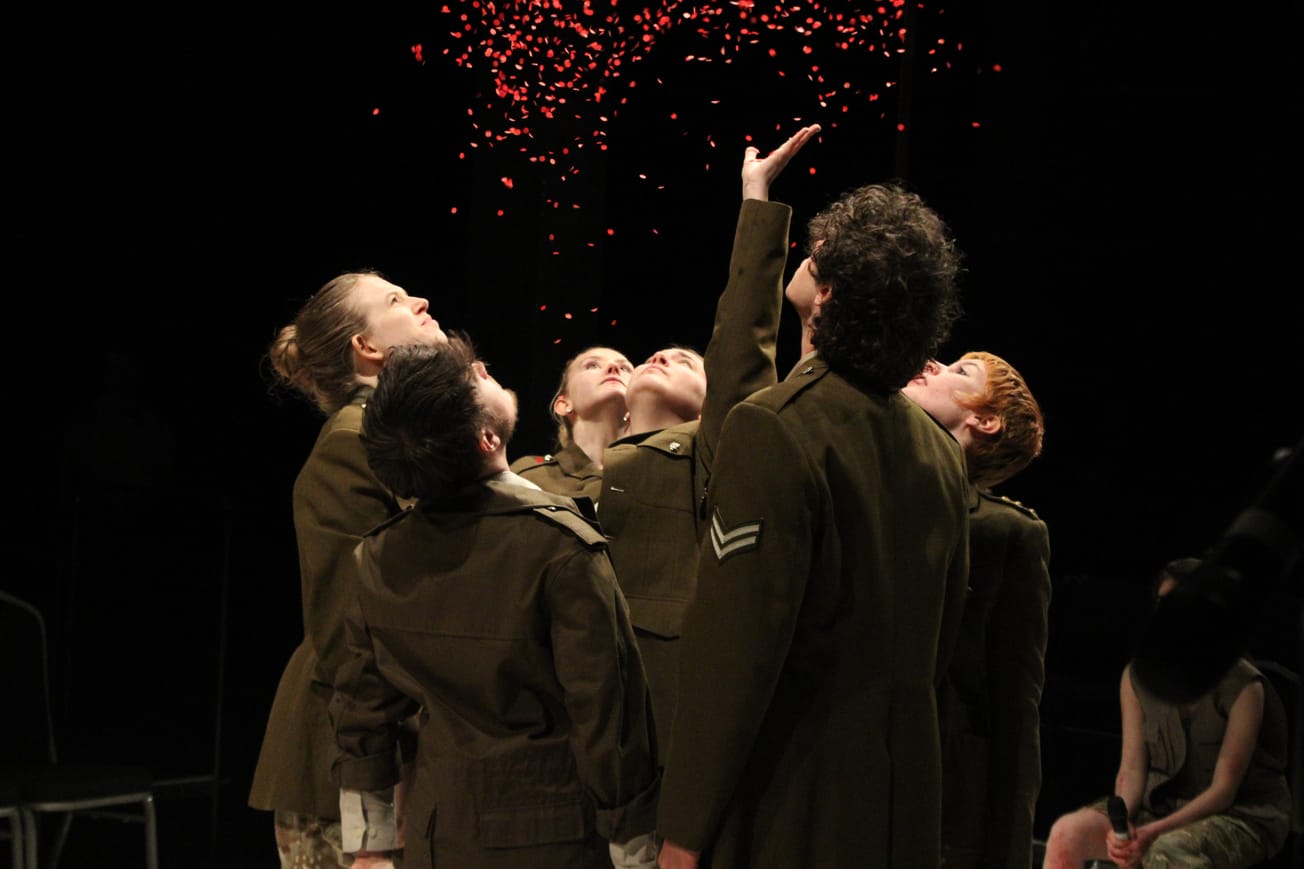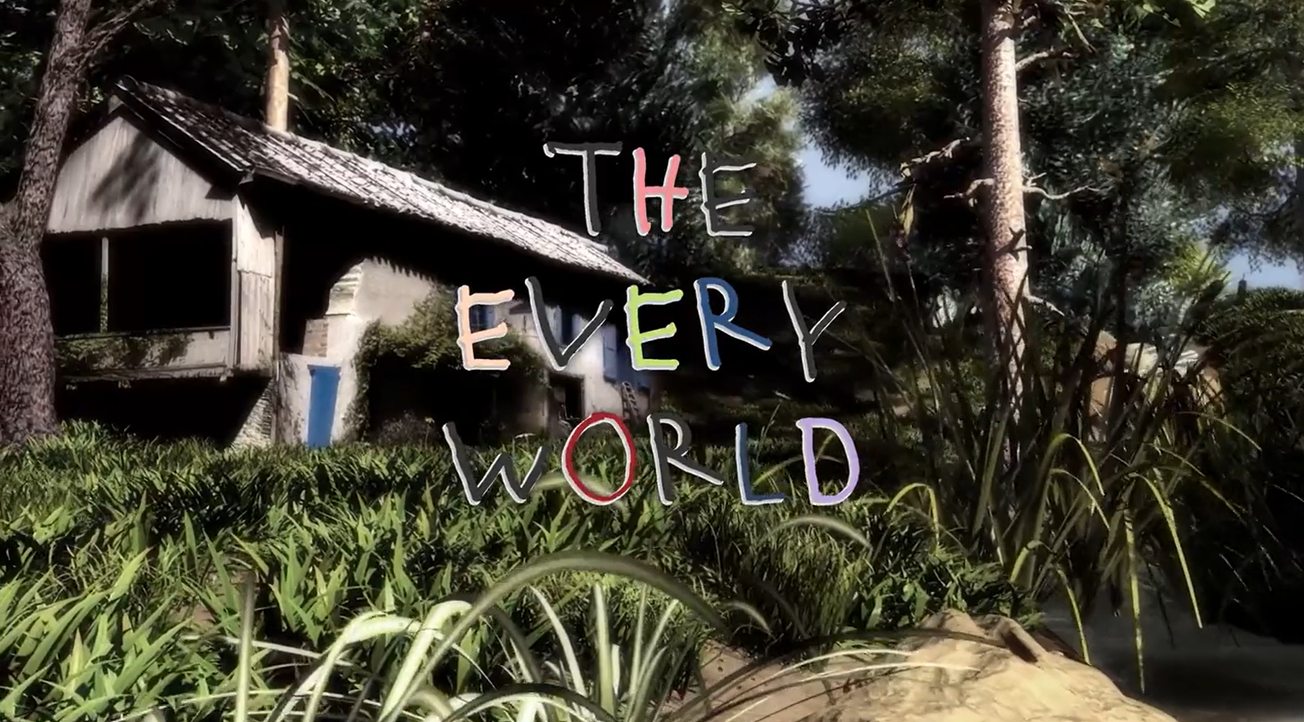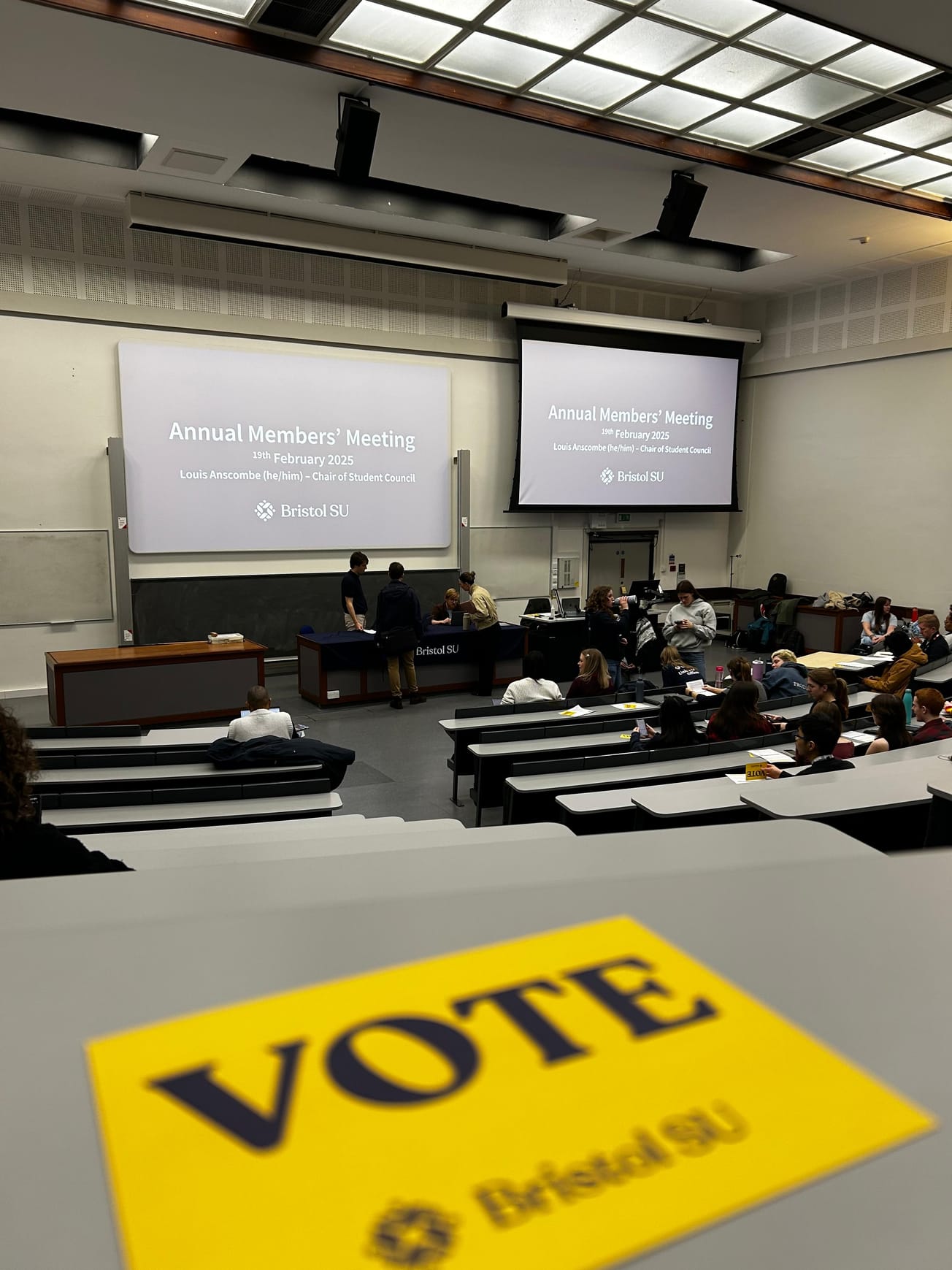By Ivor Starkey, First Year, Spanish and French
We live in a void, explains Charlie Cooper, creator of the BBC documentary Myth Country. This void, this identity crisis, needs to be filled – which is why Cooper, like creators, influencers and writers across the world, is leading a resurgence of interest in our pagan and folkloric past. In his series, which only aired last October, he travels across the UK, searching the landscape for monuments built by the ancients.
But one doesn’t have to look far for vestiges of our mythic past. Many of our own Christmastime traditions are pagan in origin, surviving after millennia, albeit in commercialised and Americanised form. During the Roman festival of Saturnalia, which was celebrated mid to late December, gifts would be exchanged, houses would be decorated with evergreen boughs and feasts would be held – all very familiar to us today. Like our Christmas, Saturnalia was a time of peace and goodwill to all men, with Roman masters waiting on their slaves, who would also gain limited freedoms during the holiday.
Traditions relating to holly and Christmas trees also have their origins in our pagan past. Holly was used by the druids in their rituals and was believed to hold mystical power. Holly’s ability to remain green whilst other plants died meant it was associated with everlasting life, and the promise of a bountiful harvest the following year. Wintertime was a period of conflict between the ‘Oak King’ of summer and the ‘Holly King’ of winter, with the latter winning and ruling throughout the winter months.
The Christmas Tree, now an archetypal symbol of a merry Christmas, comes from the sacrificial rites of pagans in Germany. Victims would be offered to gods such as Thor and Woden under their branches, and whilst the sacrifices were stopped through the efforts of missionaries such as St Cuthbert, the trees remained.
These traditions may seem to belong to another time – yet interest in paganism and folklore is growing across the globe. Shamanism, although not an organised faith, is the fastest growing religion in England and Wales, according to the 2011 and 2022 censuses. In the US, the number of Wicca adherents is now over 1.5 million. Wicca, founded in the early half of the 20th century by Gerald Gardner, is one of the most influential and popular branches of the modern neopagan movement, with a complex variety of branches, denominations and traditions across the world.
Bristol University’s very own Ronald Hutton described Wicca as the ‘only fully-formed religion which England can be said to have given the world.’ From humble origins, Wicca has grown to be at the forefront of the rising tide of global neopaganism.
British TV programmes like Myth Country, as well as others such as Detectorists, represent a renewed interest in the countryside, it’s folkloric traditions and our perennial, pagan history. On Tiktok, content relating to folklore and local history are rapidly growing in popularity. These new forms of media allow folklore enthusiasts to meet like-minded people, share their knowledge, and preserve these traditions for the 21st century.
In the world of literature, England’s past survives in the works of Tolkien, whose Lord of the Rings and The Hobbit draw heavily on pagan themes, from enchanted swords to gold-hoarding dragons. More recently, authors such as Katherine May and Sarah Perry have brought folklore to 21st century audiences in their books.
Only last year, the creators of Weird Walk, a folklore and paganism webzine which has seen immense popularity, published their first book. Beginning as a small group of friends brought together by a love of ancient places, they now have a following of some 64 thousand on Instagram.
Why then the renewed interest in paganism and folklore? The decline in traditional Christian religion over the last 200 years is without doubt a major factor. As the ‘Sea of Faith’ has receded, we are finding varied ways of expressing our spiritual natures, and so turning to paganism and folklore to fill the void.
Exacerbating the loss of Christianity is the ecological crisis, and the widespread feeling of disconnect with the Natural world. Whilst Abrahamic religions believe in a God that is creator of the world, but not a part of it, pagans see in the environment a constant revelation. Trees, animals, natural processes are all the gods in action, and by worshipping those gods we can harmonise with the Natural world. For an age in which we are quickly losing our wild spaces, paganism presents an appealing alternative to conventional religions.
At its root, the resurgence of interest in paganism and folklore comes from a need to belong, frustrated by living in a hostile 21st century. With globalisation and new and terrifying technologies at our fingertips, this new movement can only be expected to grow.








